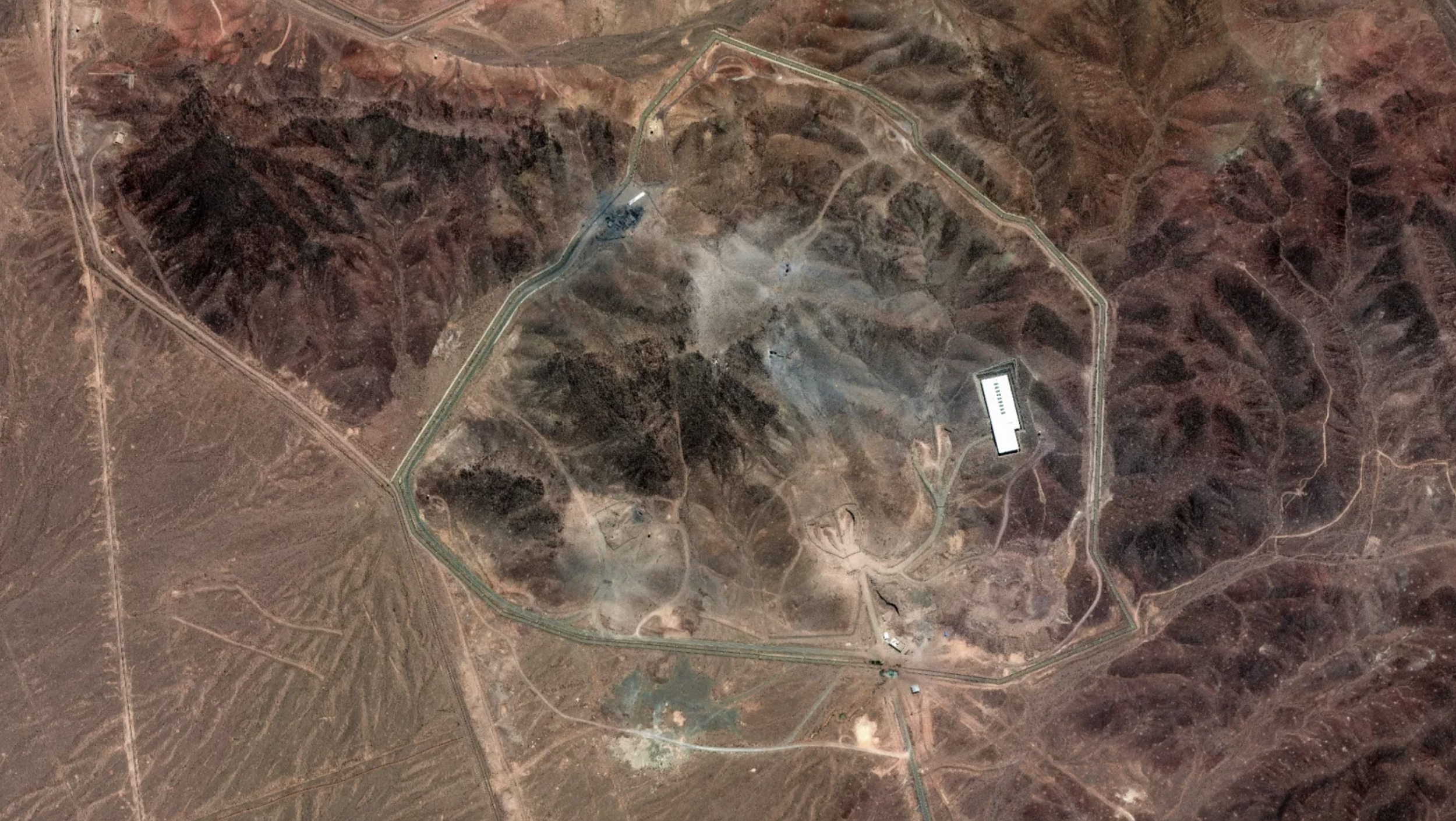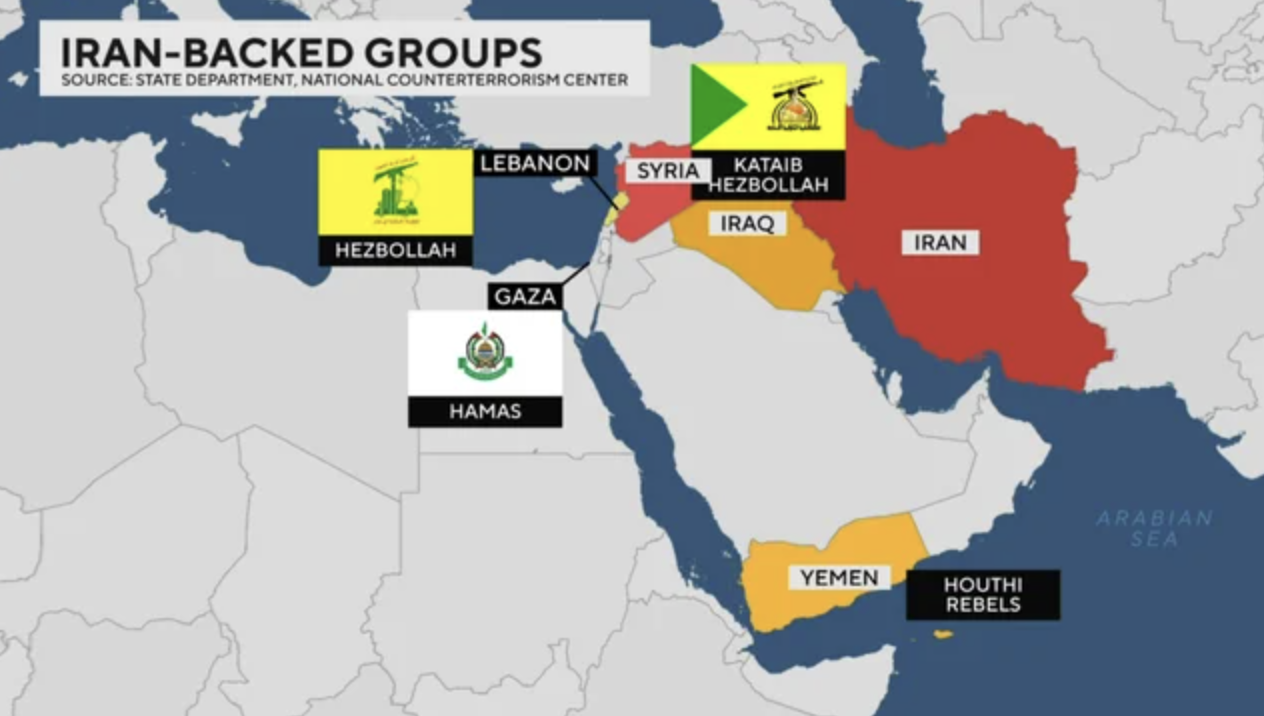
What was gained? What was lost? What was learned?
June 30, 2025
Donald Trump Strikes Iran
Scrolling the front page of the Financial Times today, Monday, June 30th, and there are no prominent stories referencing Israel or Iran despite fears of an all out escalation only one week ago. Though tensions no doubt simmer under the surface as Israel takes stock of its achievements and Iran pauses to lick its wounds, it's worth reflecting - what was gained, what was lost, and what was learned?
What Was Gained?
Damage to Iran's nuclear facilities seems all but assured after 14 "bunker buster" bombs struck their target at sites in Fordow and Natanz. While "obliteration" was a popular word in the White House, intelligence reports from multiple sources seem to confirm that Iran's nuclear stockpile, specifically enriched uranium critical to making a nuclear weapon, is unaccounted for and satellite photos seem to suggest that it may have been moved to an undetermined location before the strikes. Even so, damage to enrichment capabilities and key facilities is a meaningful setback.
Additionally, cruise missiles and previous Israeli bombing missions destroyed a significant number of Iranian missile batteries, S-300 air defense systems, and killed Iranian military personnel and nuclear scientists. Iran's immediate response to Trump’s strike was perhaps surprisingly light, with a pre-announced missile attack on a US base in Qatar being the only notable rejoinder; no personnel were injured and all missiles were intercepted. Iran could only save face with the launch of several ballistic‑missile barrages at Israeli cities and bases, causing fatalities.
What Was Lost?
Trump's reputation as a complete foreign policy isolationist is no longer intact. Though in the week after the strike he seems to have succeeded at keeping the United States out of any full scale war, his decision to bomb Iran - even in a limited fashion - should be considered in light of how many members of his base were vocally opposed to any form of intervention (Steve Bannon stands out).
The Iranian regime's dignity, low as it already was, was further battered by Israeli and American strikes, proving that Iran was more or less at the mercy of its rivals aerial might. Though Iran did have options to escalate the conflict after Trump's strikes, it would be generous to label these options as anything other than self-defeating, causing Iran itself many more problems than the relative damage it would be able to inflict on Israel and the United States.
What Was Learned?
Time will tell if this was a rare, savvy, achievement by the Trump foreign policy team or simply the first domino in a wider slide into escalating conflict with Iran, but my money is on the former.
Despite general (and it must be said well-founded) fears about the United States plunging bomb-first into another Middle East war, Trump's limited air strikes on sensitive Iranian sites actually demonstrated a lot of restraint;
moreover, his quick emphasis on immediately reverting to diplomacy and cease fire signaled that he simply wanted the Iranians to hear his message, not to shed further blood.
Of course, much of this would likely not have been possible had the Israelis not substantially dismantled Hamas and Hezbollah over the past couple of years. Speaking purely from the perspective of regional security (for the human cost is far too high to contemplate), Israel's defanging of Iranian proxies near its border successfully weakened Iran's portfolio of options. Combined with Iran's own security, military, and intelligence failures, and it was always going to be vulnerable to Western options to threaten its nuclear program.
Still, what we haven't learned is what lessons Iran's regime, and its wider network of allies, have taken from this conflict. While Netanyahu and Trump claim victory, advisors behind the scenes are no doubt worried about the "missing" uranium stockpile and assessing next steps Iran is likely to take. Make no mistake, Iran is clearly on the back foot and the regime is fragile due to a lack of economic growth and the complete failure of its foreign policy grand strategy over these past few weeks.
Yet as Clausewitz famously noted, "War is a mere continuation of policy by other means". And what exactly is Israel's policy regarding Iran and its neighbors? Regional security is a delicate process that is all too tempting to leave to military might alone. I'll leave you with the words of Johns Hopkins Professor of Middle East Studies, Vali Nasr, during his recent podcast interview with Gideon Rachman:
"Israel is now subscribed to a strategy where it’s all dependent on its war-making. It doesn’t really show ability to bring conflicts that it starts to a political end through negotiations, peacemaking, and so it’s subscribing to a doctrine of perpetual war. And that for a country of 10mn in a sea of 200mn people does not seem to me to be a wise strategy. You can batter Gaza, you can batter Lebanon, you can batter Syria, you can batter Iran, but at the end of it, your war-making abilities should be matched with your peacemaking abilities. That’s what made the United States a great power after world war two. And Israel just doesn’t have that capability."


